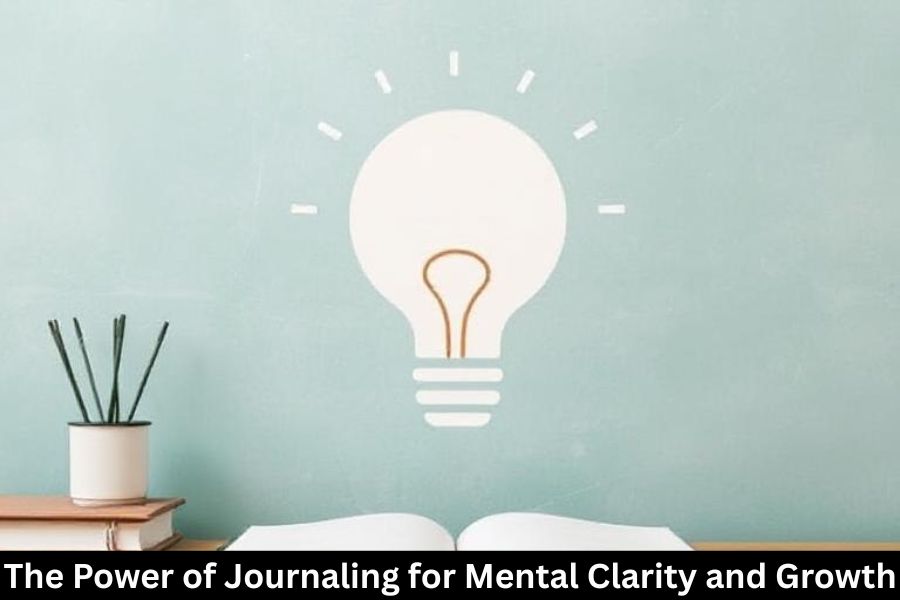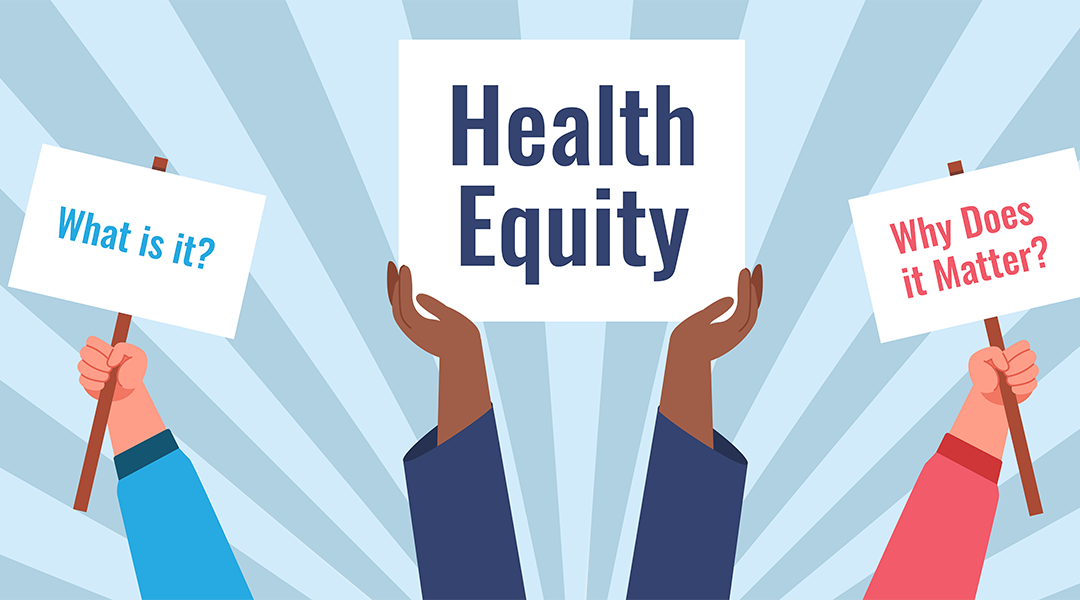Journaling is the simple yet powerful act of writing down your thoughts, emotions, ideas, or experiences. It’s like having a personal conversation with yourself—one that doesn’t judge, interrupt, or criticize. Whether you write on paper, type on your phone, or use sticky notes, journaling is a tool that reflects your inner world.
Why Journaling Matters in Today’s Fast-Paced World
Life is noisy—notifications, responsibilities, and endless decisions. Journaling helps quiet that noise. It gives your mind space to breathe, sort through confusion, and understand what truly matters. It’s a mental pause button we desperately need.
The Psychological Benefits of Journaling
Reducing Stress and Anxiety
Writing down your worries helps release them from your mind. Instead of letting them swirl around in circles, journaling helps you process them logically. Studies show that expressive writing lowers stress and reduces symptoms of anxiety by giving your brain clarity.
Enhancing Emotional Awareness
Sometimes we feel things we can’t explain. Journaling helps you notice the “why” behind your emotions. The more you write, the more you understand your triggers, patterns, and reactions.
Improving Mood and Perspective
When emotions feel heavy, journaling lightens the weight. It allows you to reflect on thoughts you’ve been avoiding and gain a clearer perspective. Many people use journaling to shift from negativity to gratitude.
Journaling as a Self-Therapy Tool
While it doesn’t replace professional help, journaling can be a powerful self-therapy tool. It helps you talk through your problems, process trauma, and find solutions independently.
How Journaling Improves Mental Clarity
Organizing Thoughts Easily
Your mind can feel like a cluttered room. Journaling helps you tidy up. Putting words on a page turns chaos into order, helping you think more clearly and focus on what matters.
Identifying Patterns and Triggers
You may notice that certain events or behaviors repeat over time. Journaling helps you spot these patterns quickly, making it easier to change what doesn’t serve you.
Boosting Decision-Making Skills
When you write about choices you’re struggling with, the pros and cons become more obvious. Journaling gives you a better understanding of your priorities and reduces rash decisions.
Journaling for Personal Growth
Building Self-Confidence
Looking back at your past entries shows how far you’ve come. That progress boosts confidence and reminds you that growth—even slow growth—is still growth.
Tracking Progress Over Time
Whether it’s emotional, physical, or professional growth, journaling helps you measure improvement. It becomes a timeline of your personal development.
Strengthening Discipline and Consistency
A regular journaling habit trains your brain to stay committed. Consistency in one small habit often leads to consistency in others.
Setting and Achieving Goals Through Journaling
Writing goals makes them real. Journaling keeps you accountable and motivated. It’s a space to track milestones, evaluate setbacks, and celebrate wins.
Different Types of Journaling Methods
Traditional Pen-and-Paper Journaling
Classic, personal, and distraction-free. Handwriting helps your brain process information more deeply.
Digital Journaling
Perfect for fast thinkers or busy schedules. Apps and digital notebooks offer flexibility and accessibility.
Bullet Journaling
A creative and organized system using bullets, symbols, and brief notes. Great for planners and productivity lovers.
Gratitude Journaling
Writing what you’re grateful for improves your mood and shifts your mindset toward positivity.
Prompt-Based Journaling
Using guided questions or prompts helps you dive deeper into your emotions and experiences—great for beginners or anyone stuck.
Practical Tips to Build a Journaling Habit
Choosing the Right Medium
Pick what feels natural—pen and paper, digital apps, or audio notes. The best method is the one you’ll actually use.
When and How Long to Journal
There’s no rule. Some people write for 5 minutes, others for 20. You can journal in the morning for clarity or at night for reflection. Choose what aligns with your lifestyle.
Overcoming Writer’s Block
Staring at a blank page? Start with:
- “Today I feel…”
- “Right now, I’m thinking about…”
- “One thing I learned today is…”
Even one sentence counts.
Making Journaling Enjoyable
Make your journaling space cozy—play music, light a candle, or use a favorite pen. The more enjoyable the experience, the more likely you’ll return to it.
Common Myths About Journaling
“I Need to Be a Good Writer”
Not true. Journaling is for your eyes only. Grammar doesn’t matter—only your thoughts do.
“I Must Write Every Day”
Consistency is helpful, but perfection is unrealistic. Even a few times a week can change your life.
“Journaling Takes Too Much Time”
Five minutes is enough to reset your mind. Journaling doesn’t have to be long or complicated.
How to Start Journaling Today
Beginner-Friendly Journaling Exercises
Try these:
- Write a letter to your future self.
- Describe your ideal day.
- Brain-dump everything on your mind for 3 minutes.
Simple Prompts to Get You Started
- “What made me smile today?”
- “What am I worried about, and why?”
- “What is one goal I want to focus on this week?”
Conclusion
Journaling is one of the simplest yet most powerful tools for mental clarity and personal growth. It helps you reflect on your thoughts, understand your emotions, and make better decisions. Whether you’re trying to relieve stress, grow emotionally, or just get organized, journaling opens the door to a clearer, more grounded version of yourself. And the best part? You can start right now—with just one sentence.
FAQs
1. How often should I journal for the best results?
Writing 2–3 times a week is enough to see benefits, but you can journal daily if you prefer.
2. Can journaling help with anxiety?
Yes. Journaling helps organize anxious thoughts and reduces mental overwhelm.
3. What should I journal about when I feel stuck?
Use prompts, write about your day, or do a simple brain-dump.
4. Is digital journaling as effective as writing by hand?
Absolutely. The best method is the one you’ll stick with consistently.
5. How long should a journaling session last?
It can be as short as 3 minutes or as long as an hour—whatever feels right.





